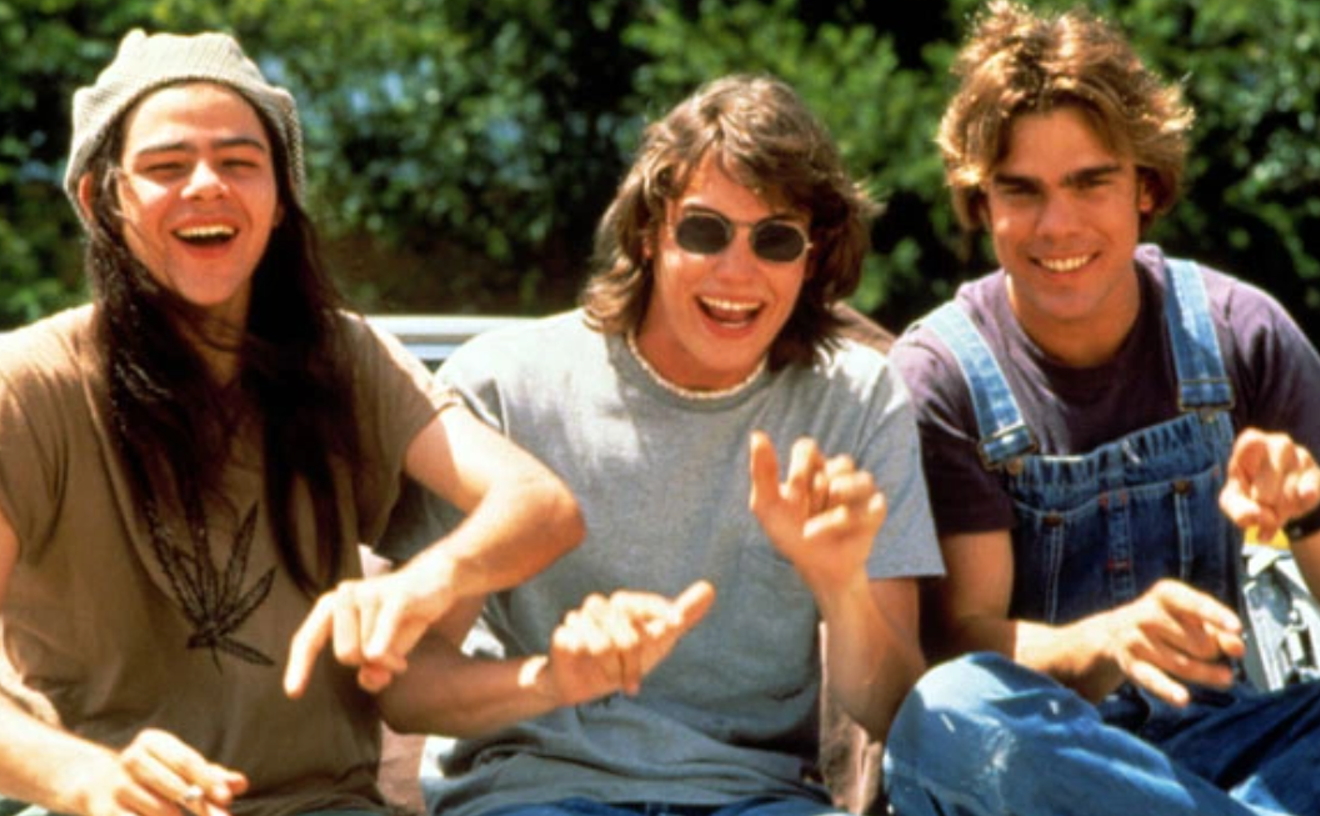She and the four-piece combo that back her are so good, in fact, that they allow us to overlook Jeffrey Hatcher's trivial and somewhat obvious script, which provides no insight into Ella greater than that she "just wanted to be loved."
The story takes place on the night of a 1966 concert in Nice, a few days after Ella's half-sister has died. In Act One, she's rehearsing with her band and bickering with her agent about the fact that she doesn't do patter — she doesn't talk to the audience between songs. She spends the duration of Act One practicing her patter by reminiscing about her life in a profoundly obvious way that screams "musical biography!" thanks to Hatcher's uninspired script. In Act Two, she performs the concert, talking about her life in a more general way that's appropriate to the setting, thus allowing us to relax and enjoy Fabrique's note-perfect performance, in which she channels Fitzgerald for our entertainment.
Written by Hatcher and conceived by Rob Ruggiero and Dyke Garrison, Ella is based on Ella: Off the Record, which originally took bows at TheaterWorks in Hartford, Connecticut. It's a vast improvement over Maurice Hines' recent Ella Fitzgerald: First Lady of Song, a similar biography that starred Freda Payne (and, oddly, Tina Fabrique as Ella's sister) but still leaves us wondering about who this woman really was. Between songs, Fabrique runs down a chronological list of Ella's achievements and failures, but tells us little about what motivated her (Why did she scat? Why was life on the road so much more fulfilling than staying home and raising her son, which she thought she'd like to do?). The result is a trivia-jammed biographical portrait that truly zings only when Fabrique sings.
She's ably assisted by Alejo Vietti's costuming: a casual dress and a performance costume that both look like what we'd expect Ella to wear. (Would that Fabrique had worn Fitzgerald's signature clunky eyeglasses longer than the first few minutes of Act One.) Her band, led by George Caldwell and featuring Brian Sledge on trumpet, sounds like they've been touring together for years. I'd incorrectly assumed that Sledge had to have appeared in every previous production of Ella, because he makes his difficult job here (playing trumpet, acting, and performing a dead-on impersonation of Louis Armstrong) seem so effortless. And anyway, how many guys can there be who can do these three very specific things, and do them so well? None, apparently: Although others have attempted this role, only Sledge's interpretation has been warmly received.
But not even Sledge's show-stopping Satchmo routine can trump Fabrique's Ella impersonation, which is all about recreating Fitzgerald's perfect phrasing (which she nails in "The Man I Love" and especially "How High the Moon"), the warm candor in her voice (as in her "Blue Skies"), and — most important — her ability to mimic Ella's trademark scatting (most surprisingly in the bridge of "Over the Rainbow"). It's a letter-perfect performance that more than makes up for the slender script on which it's hung — one that allows us to pretend for the next couple of weeks that Ella is still with us.










